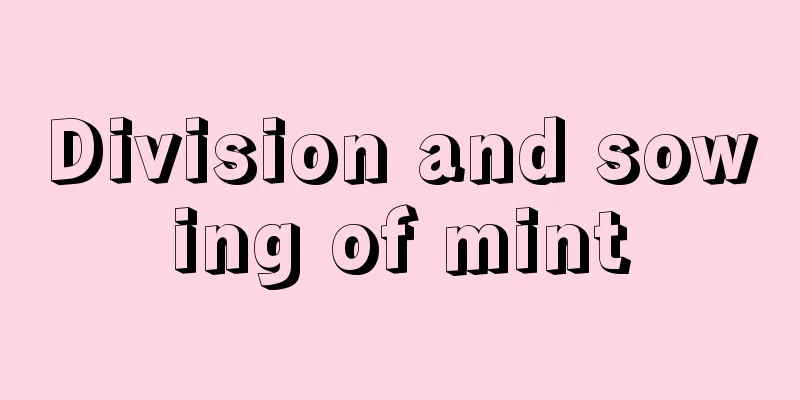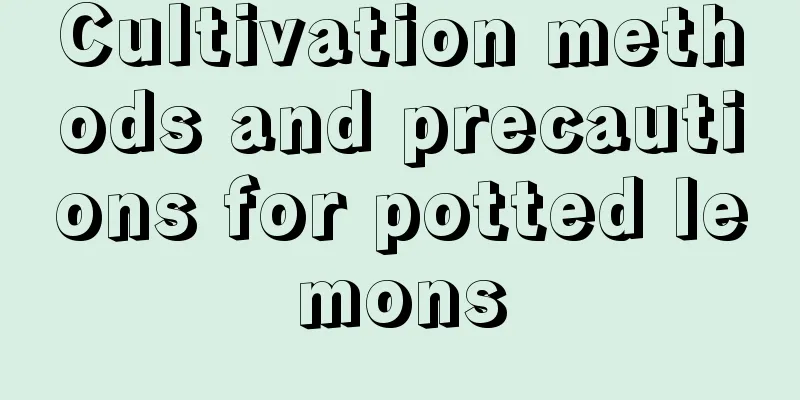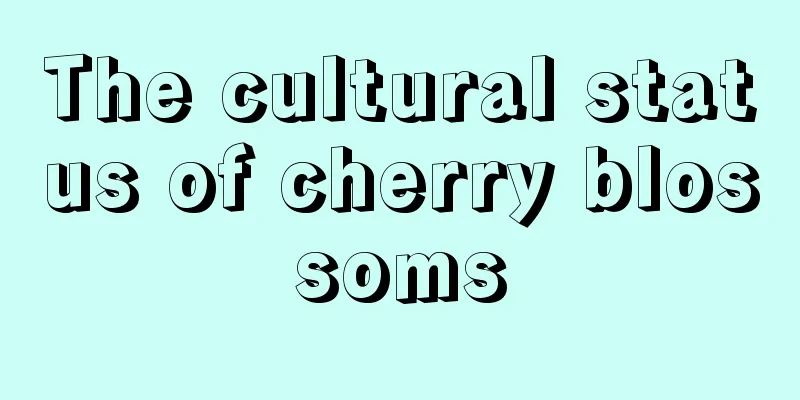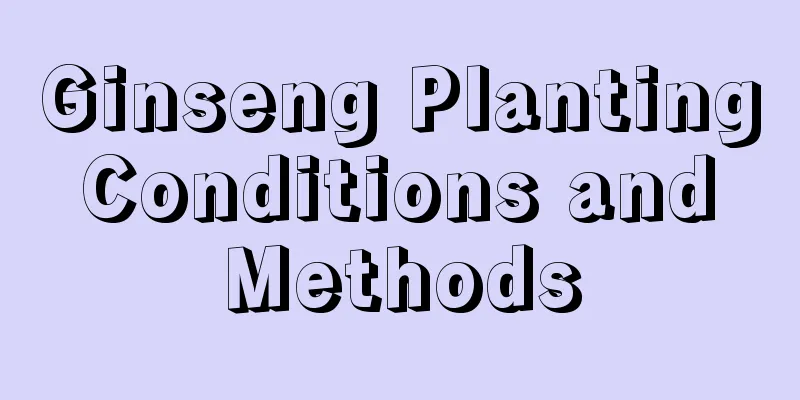What is the reason for the yellowing of Clivia leaves and how to treat it

|
Clivia is a common ornamental plant, famous for its fresh green leaves and elegant flowers, and is deeply loved by flower lovers. However, in the process of caring for Clivia, many flower lovers often encounter the problem of yellowing leaves. What is the reason? How to treat? Let’s learn more about it below. 1. Too much light After being exposed to strong direct sunlight in the summer, yellow spots will appear on the leaves of Clivia, and even the entire leaves may turn yellow. Prevention and control measures: Avoid direct sunlight, especially provide appropriate shade in summer. 2. Improper watering Too much or too little water can cause yellowing leaves. Usually too much water can cause root rot, while lack of water can cause the leaves to lose vitality. Prevention and control measures: Adjust watering frequency to ensure the soil is moist but not waterlogged to avoid root rot. 3. Improper fertilization Over-fertilization or under-fertilization will affect the normal growth of Clivia and cause the leaves to turn yellow. Prevention and control measures: During the growing season, apply a balanced compound fertilizer once a month to avoid overfertilization. Reduce the frequency of fertilization during the dormant period to avoid fertilizer damage. 4. Unsuitable temperature Clivia prefers a warm and humid environment, and the most suitable temperature for growth is 15°C-25°C. If the temperature is too high, the water will evaporate too quickly and the leaves will turn yellow. In addition, the yellowing of Clivia leaves may also be caused by low temperatures and frostbite of the plants. Prevention and control measures: When the temperature is high, it is necessary to cool down the plant. You can sprinkle water evenly around the leaves to cool them down. When the temperature drops in winter, it is best to move it to a warm room for the winter. 5. Impact of pests and diseases If there are yellow spots on the leaves, it is very likely that the Clivia has been infected by diseases or insect pests. The main diseases and pests that affect it are leaf spot and anthracnose, which must be dealt with in a timely manner, otherwise they will harm the entire plant. Prevention and control measures: Check the plants regularly and take timely measures if any signs of disease or pest are found. If necessary, spray carbendazim powder or anthracnose thiram, which have good preventive effects on leaf spot and anthracnose. In general, the yellowing of Clivia leaves is the result of the combined effect of multiple factors, and correct diagnosis and treatment are the key. However, during the maintenance process, if you do a proper job of lighting, temperature, water, fertilization, etc., you can basically avoid the problem of yellow leaves to a large extent.
|
<<: How often is it best to water the money tree?
Recommend
The difference between Brazilian iron and Brazilian wood
value People have endowed Brazilian iron with mor...
When life is not going well, just grow some flowers and plants!
When you are busy every day and lose yourself, ju...
Can you grow succulents in a foam box?
Can you grow succulents in a foam box? Succulents...
How to remedy orchid root rot
1. Increase lighting Reason: Orchids need suffici...
Can the mountain lotus leaf flower be grown at home?
The origin and environment of the mountain lotus ...
Diseases and pests of June snow and their control methods
Diseases and prevention methods of June snow Cusc...
What to do if the cherry crystal grows too long
What is leggy This brings us to the concept of &q...
How long does it take for Tiger Pilan to adapt to the pot?
The time for tiger lily to adapt to the pot If th...
How to propagate lotus palm
Reproduction method In fact, it is very simple to...
How to plant and care for blueberries?
Blueberries are known for their sweet and sour ta...
How to plant crown flower
one. Planting method: 1This plant is usually prop...
How to plant lotus
1. Planting time Bowl lotus can be planted in all...
Even with the temperature at 40 degrees, her flowers still bloomed into balls, without even a place to rest!
The flowers that have blossomed into balls The pa...
What are the cultivation methods and precautions of Guanyin Lotus?
Guanyin Lotus Introduction The Alocasia odora is ...
The green ivy is climbing all over the wall, the longevity is overflowing in the pot, and the spider plant is like a waterfall. I am impressed.
Kalanchoe (Photo by: Dream Butterfly 536 Source: ...









